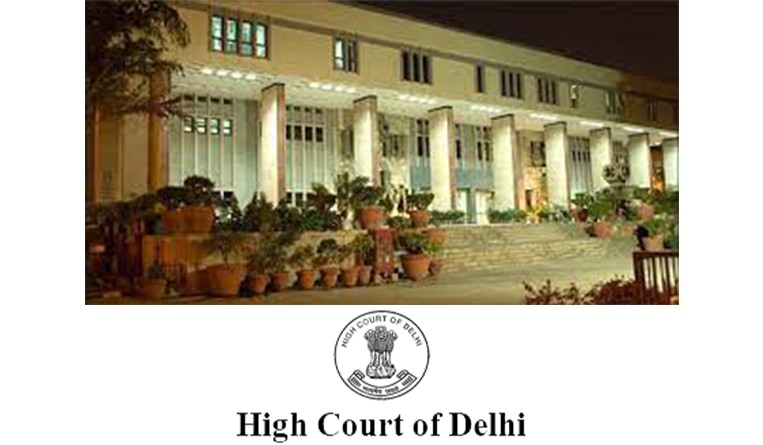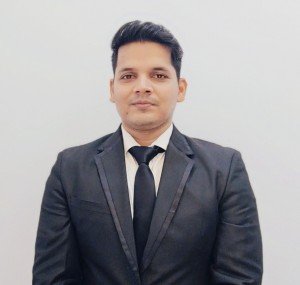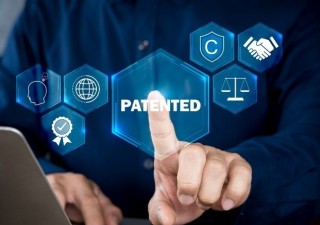The Scheme of the Patents Act and Rules obligates the Hearing Officer to pass orders within a reasonable period, says the Delhi High Court
31 January 2024

Photo: Delhi High Court
In a slew of matters, the Delhi High Court (DHC) emphasized the need to adhere to the principle of natural justice. So far, the cases which have been decided and remanded back to the Indian Patent Office (IPO) by court were based on non-reasoned orders by the patent office (Agriboard International LLC v. Deputy Controller of Patents and Designs). In Otsuka Pharmaceutical v. Controller of Patents, the Delhi High Court came heavily on the patent office to justify the refusal of a patent grant based on prior art documents that had not been cited during the oral hearing proceedings. Similar was the issue in Perkinelmer Health Sciences Inc and Ors v. Controller of Patents.
However, recently, the Delhi High Court, in the case of Procter and Gamble Company v. Controller of Patent, reprimanded the IPO for the arbitrary and whimsical conduct of the Hearing Officer. The court observed that the scheme of the Patents Act and Rules follows a strict timeline to prosecute a patent application, and if the Hearing Officer consumes four years to pass an order after the conclusion of the hearing, it is contrary to the provisions of the act. Also, it is disadvantageous for the applicant who loses four years of time of the patent.
In this case, the Procter & Gamble company filed an appeal against the order of the Controller dated October 8, 2018, before the IPAB, which was transferred to the intellectual property division of the Delhi High Court. The concerned Controller conducted an oral hearing in this matter on September 29, 2014, and issued a refusal order after four years on October 8, 2018. Interestingly, on October 5, 2018, before issuing the refusal order, the Controller invited the applicant to submit documents under Section 8(2) of the Patents Act along with other clarifications. However, in an unpredictable twist of events, the Controller did not wait for the reply of the applicant and proceeded to refuse the patent application on the next working day itself, despite the provisions that give six months to the applicant to file a reply to the objection under Section 8(2).
The Delhi High Court, after reviewing the impugned order and the documents on record, held that it is clear from the chronology of events that transpired before the IPO that the manners in which the Controller dealt with this application are highly arbitrary and whimsical. The court further reviewed Sections 14 and 21 of the act and Rule 24B of the Patents Rules and observed that there are strict timelines which are prescribed both in the act and the rules right from the filing of request of examination, preparation of the examination report by the examiner of patent, consideration of the examiner’s report by the Controller, issuance of statement of objections, reply to statement of objections and the time for putting the application in order for grant.
The Delhi High Court observed that no specific timeline has been fixed for issuing an order after conducting the oral hearing. However, the intention of the legislature is evident from the provisions of Sections 14 and 21, that the order must be issued within a reasonable period. The court went on to dictate what the reasonable period could be. The court held that the reasonable period could be three to six months, depending on the complexities of each case, and not beyond that. The court further observed that issuing an order four years after issuing a notice under Section 8(2) of the act, for which the noticed party had adequate time for reply, was not granted.
In these circumstances, the court set aside the order of the Controller dated October 8, 2018, and remanded the matter back to the patent office for a fresh hearing. The court, acknowledging the essence of time in a patent case, prescribed a specific timeline for completing the whole procedure at the patent office. The Delhi High Court directed the IPO to reflect the change of status of the present application on its website and show the same as pending within two weeks. Once the status of the application is changed to pending on the patent office website, the appellant shall, by January 15, 2024, respond to the notice dated October 5, 2018. No fresh objection should be raised. Thereafter, a hearing will be held in the first week of February 2024, and upon conclusion of the hearing, within three months, the final order may be passed.
Conclusion
The Court has time and again acknowledged the essence of time in the life cycle of a patent and, therefore, directed that no fresh objection should be raised. While the procedural irregularities and denial of principles of natural justice have been found in several orders of the IPO, it is likely that the court’s observations, in this case, will embolden the IPO to raise the standard for examination of the patent application and also how the Controller conducts the hearing. The court rightly directed the Controller General of Patents to appoint a different officer to hear the present matter de novo. We will definitely see the impact of this order on the conduct of the Hearing Officer in time to come. In the meantime, we await a reasoned order from the Controller.









